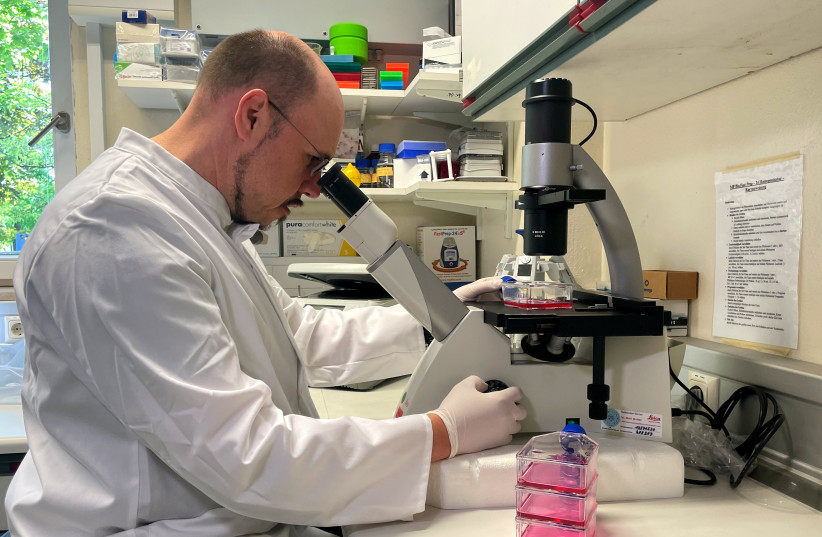A recent study published in JAMA Network Open links environmental disasters, such as the water crisis in Flint, Michigan, to long-term psychiatric disorders, labeling them as traumatic events (PTEs).
Flint, a city in Michigan, changed their water supply in April of 2014, switching from Lake Huron and the Detroit River to the Flint River. However, in doing so, they failed to clean the water supply. This resulted in almost all Flint residents being exposed to drinking water with unsafe levels of bacteria, byproducts, disinfection, and the neurotoxicant lead.
During the nearly three years that Flint's drinking water contained lead, tens of thousands of children and adults developed high blood-lead levels. These high levels put these Flint residents at greater risk for health problems later in life, including mental health problems and cognitive deficits.
“The mental health burden of America’s largest public-works environmental disaster clearly continues for many adults in Flint,” said postdoctoral scholar at Duke University, Aaron Reuben, who led the research.
While early surveys of Flint residents during and shortly after the water crisis show increased PTSD and depression symptoms, no study has yet provided long-term estimates. This study hopes to use survey results from Flint residents five years after the Flint water crisis to evaluate the long-term psychiatric outcomes of environmental disasters.
What was the study?
“We know that large-scale natural or human-caused disasters can trigger or exacerbate depression and PTSD,” said the lead author of the study and Distinguished University Professor in the Department of Psychiatry and Behavioral Sciences at the Medical University of South Carolina Dean Kilpatrick, Ph.D.
“We know that large-scale natural or human-caused disasters can trigger or exacerbate depression and PTSD,”
Lead author of the study and Distinguished University Professor in the Department of Psychiatry and Behavioral Sciences at the Medical University of South Carolina Dean Kilpatrick, Ph.D
Kilpatrick added that while there were high rates of mental health problems amongst Flint residents during the first few years of the crisis, “What we did not know until now was the extent to which Flint residents continued to have mental health problems at the clinical diagnosis level five years after the crisis began.”
A total of 1,970 adults who lived in Flint during the water crisis were surveyed about their experience in the crisis, their psychological symptoms after five years, and their access to and use of mental health services since the crisis. In conducting the survey, the researchers took into account other factors associated with mental disorders, such as sociodemographic characteristics.
The data collected indicated that one in four adults, or around 25,000 people, were estimated to have PTSD, one in five adults, or 22,600 people, were estimated to have clinical depression, and one in ten adults, or 14,300, were estimated to have both five years after the beginning of the water crisis.
Depression and PTSD are some of the most common and damaging of mental disorders.
What did the study find?
“We study these problems after disasters because they are common outcomes and because they are significantly impairing to individuals and communities,” said a co-author on the study and Robert A. Knox Professor and Dean at the Boston University School of Public Health Sandro Galea, MD, DrPH. “But we also study these problems because we have good treatments that are effective for most people.”
Also contributing to PTSD after environmental disasters is the uncertainty regarding exposure and harm. The study found that many adults who feared exposure to the contaminated water had harmed their family or themselves were more likely to have depression and PTSD.
“Nearly 100% of surveyed Flint residents reported that they changed their behavior to avoid consuming contaminated water during the crisis, and the vast majority still worry that the exposures they had may cause future health problems for themselves or their family members,” said Reuben.
Furthermore, the study’s findings prove to show that residents of Flint should be provided with more mental health treatments.
“The vast majority of our respondents were never offered mental health services despite clear indication that the crisis was psychologically traumatic,” said Reuben, “Now that pipes are being replaced, the time is right to begin the second phase of recovery from the water crisis - one that focuses on providing additional resources to heal psychological wounds.”
“These findings suggest that public-works environmental disasters such as the Flint water crisis have lasting psychological sequelae and may require expanded mental health services to meet the long-term psychiatric needs,” writes Kilpatrick.

